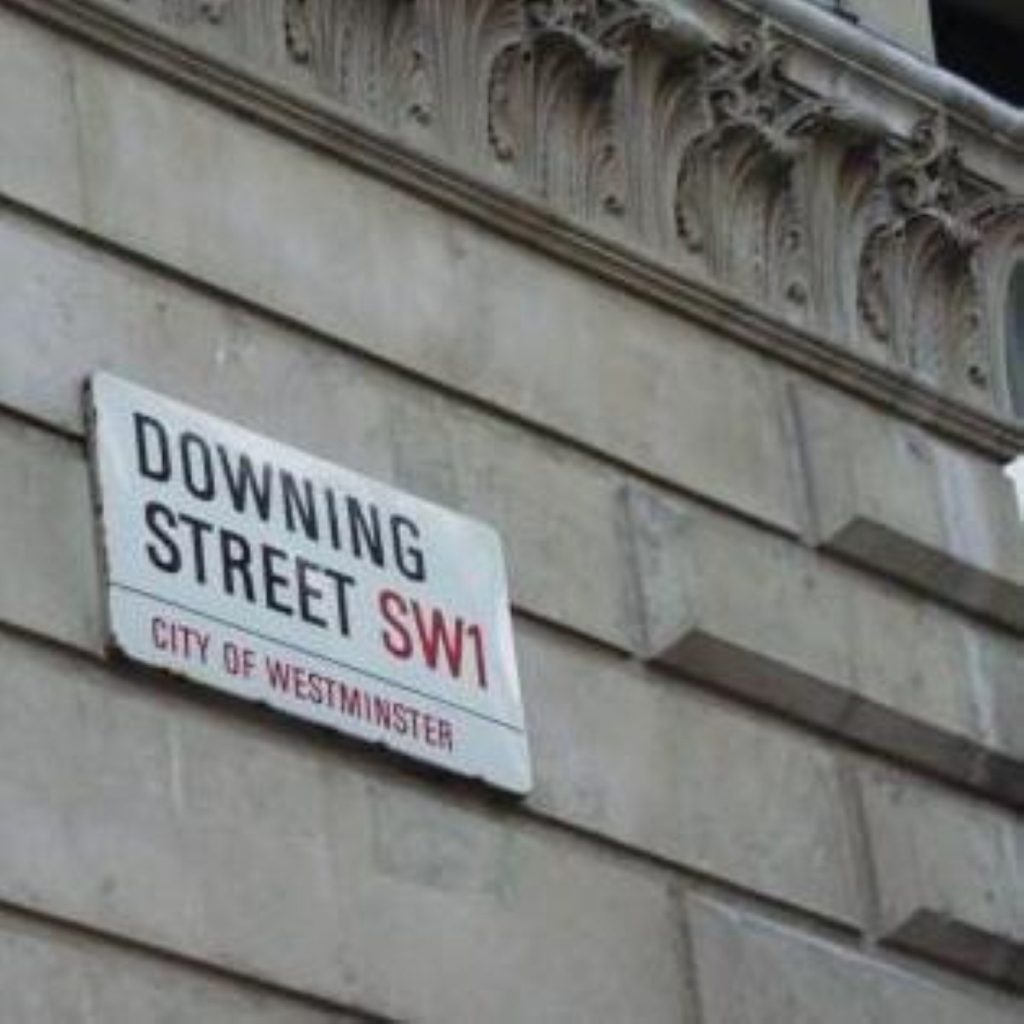Downing Street under pressure over Iraq dossier
The Government has strongly denied accusations that Number Ten insisted on changes to be made to intelligence dossiers regarding the threat of Iraq’s purported weapons of mass destruction (WMD).
The allegations have arisen from comments made to the BBC by an unnamed senior British official, who reportedly claimed that a document on Saddam Hussein’s weapons capabilities was rewritten to make it ‘sexier’.
The dossier was published last September and memorably warned that the Iraqi leader had the capability to unleash his biological and chemical weapons in just 45 minutes.
However, the 45-minute figure had not appeared in the original dossier because the source of this information was deemed unreliable, the source maintains.


Tackling such concerns, Armed Forces Minister Adam Ingram insisted that the war on Iraq had been prosecuted on the basis of the best intelligence and assessment.
Speaking to the BBC, he said that the war had been fought on the basis of many allegations.
‘Much of (these) were substantiated, not just in a security document produced by our security services, not concocted by Number Ten or pressure from Number Ten to produce it in a particular way, but (to) their best knowledge and their best assessment of what they could play out into the public domain, and based upon the knowledge which was out there’.
He added: ‘The whole world knew what Saddam Hussein was up to in terms of the weapons of mass destruction. That’s why we prosecuted that war; that’s why we were right’.
The Liberal Democrats have subsequently raised the possibility of an investigation into the claims that weapons of mass destruction were present and ready to be activated in Iraq.
Lib Dem foreign affairs spokesman, Menzies Campbell said that he was “astonished” that something so important may have been “the subject of manipulation”.
‘If you manipulate intelligence in that way, you turn it from intelligence into propaganda’, he told Channel Four’s ‘News at Noon’.
‘I think it is a source of grave embarrassment for the Government, coupled with the fact that as of yet no weapons on mass destruction have been discovered in Iraq.’
And Mr Campbell added: ‘I think there may be a case here for a special select committee of the House of Commons, because it was the House of Commons that voted, unusually and somewhat as a precedent, to authorise military action against Iraq’.
Despite such concern, the chair of the Commons Defence Select Committee has voiced scepticism at the BBC accusations, saying that the story amounted in his view to “unsubstantiated claims” which were being picked up on by those MPs who had been opposed to military action against Iraq all along.
“I consider the Prime Minister as a man of the highest integrity, and the idea being put around that he misled, ie. lied, to parliament, the public and the world community, I find an appalling and unsubstantiated accusation”, Bruce George remarked.
And he said of the dossier: “The fact that it hasn’t been found correct in all its forms and to this point in time, does not mean to say that the document is inaccurate. It just means to say that the intelligence is not as good as electronic intelligence”.
The row has been exacerbated by the apparent admission from the US Defense Secretary Paul Wolfowitz that the emphasis on weapons of mass destruction was ‘bureaucratic’. In an interview with Vanity Fair magazine he reportedly said that WMD has been the one issue that ‘everyone could agree on’.

